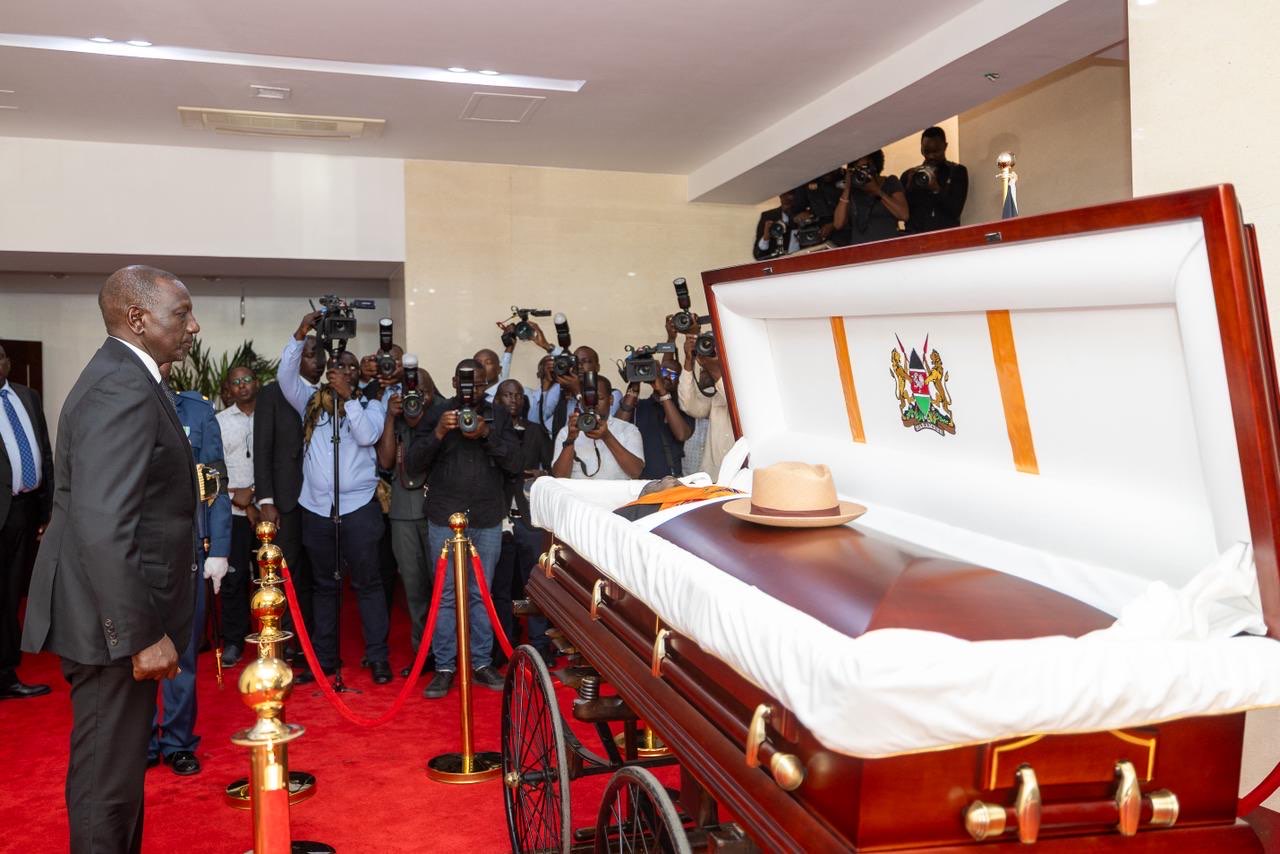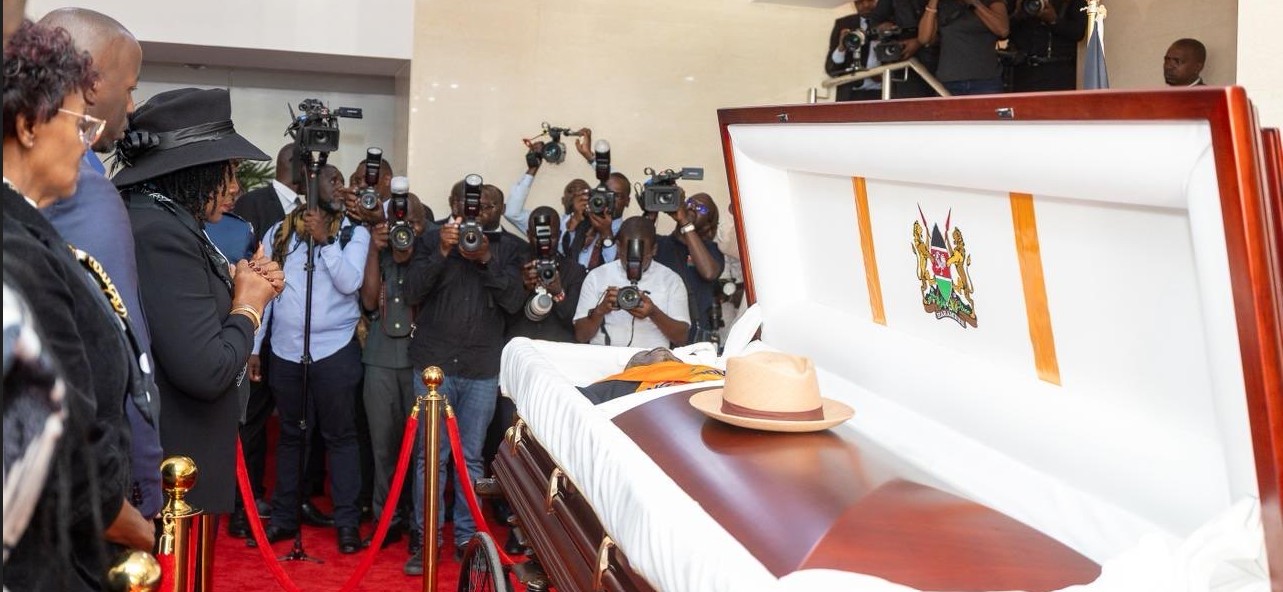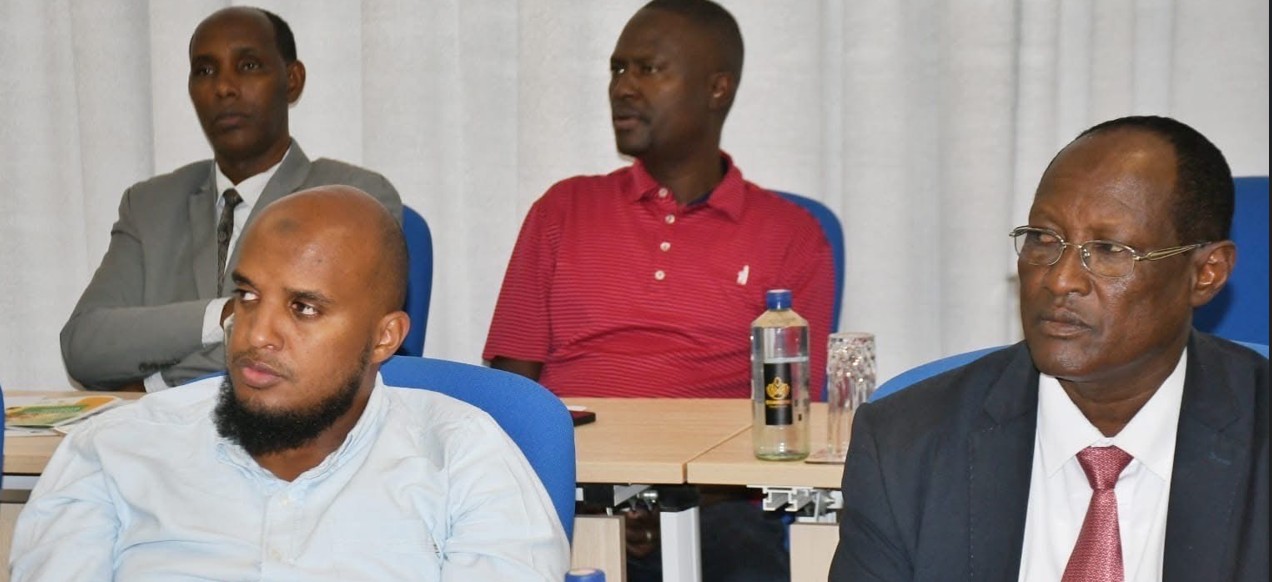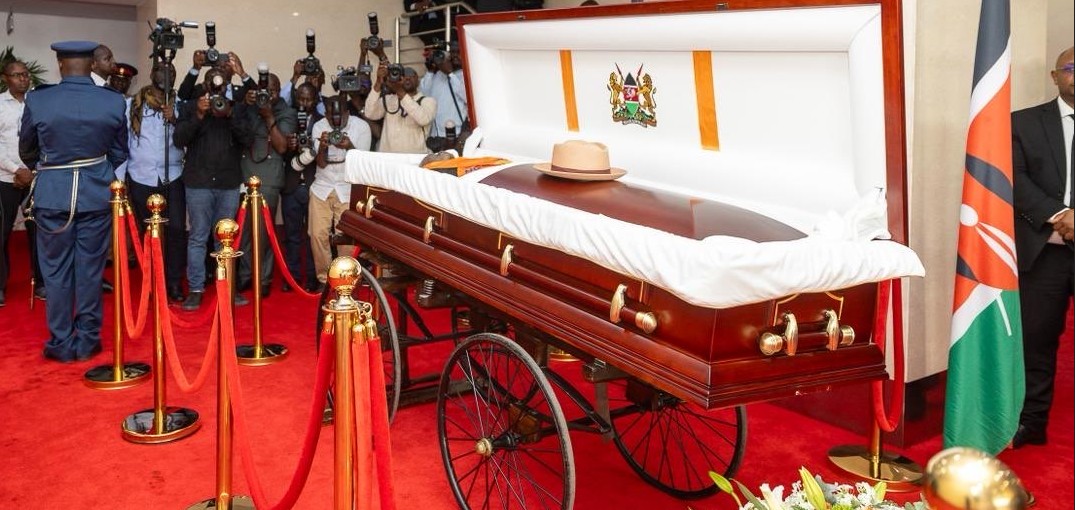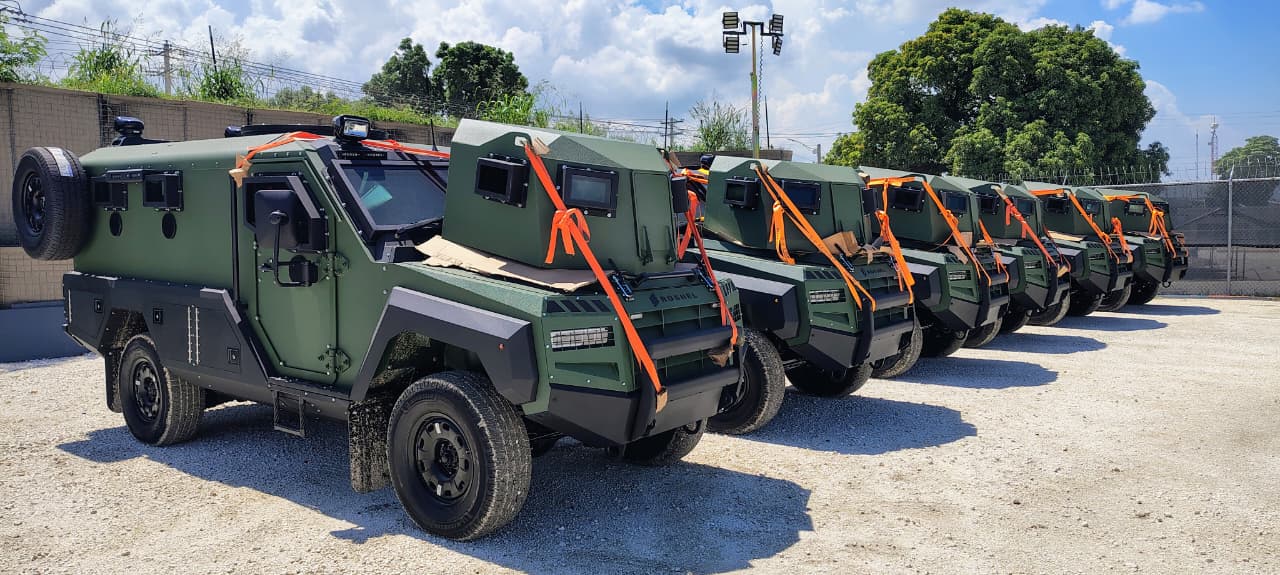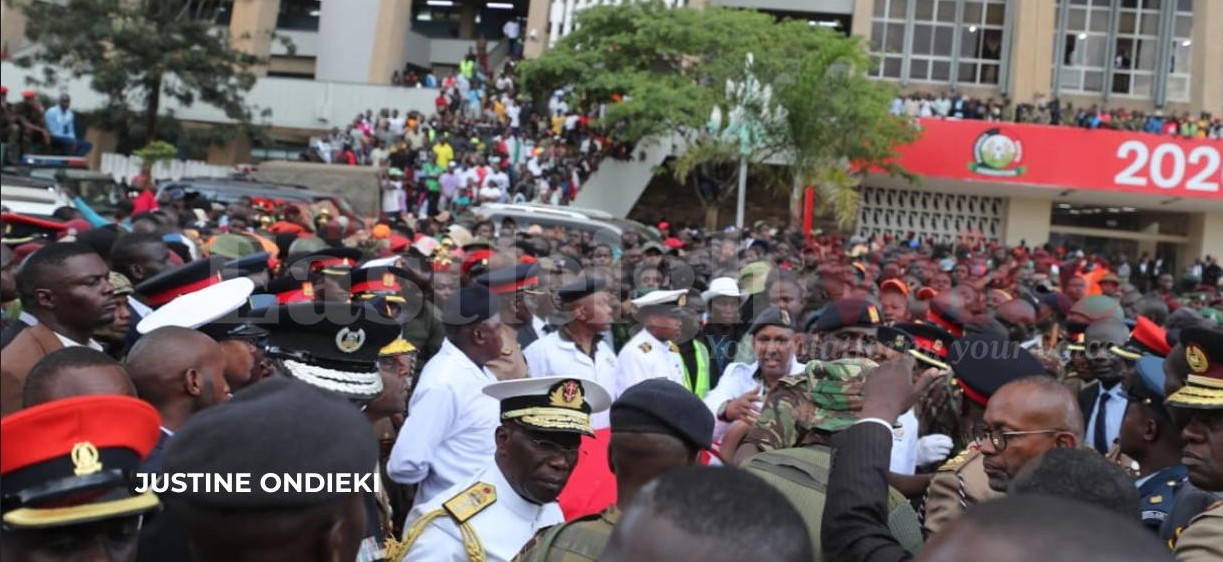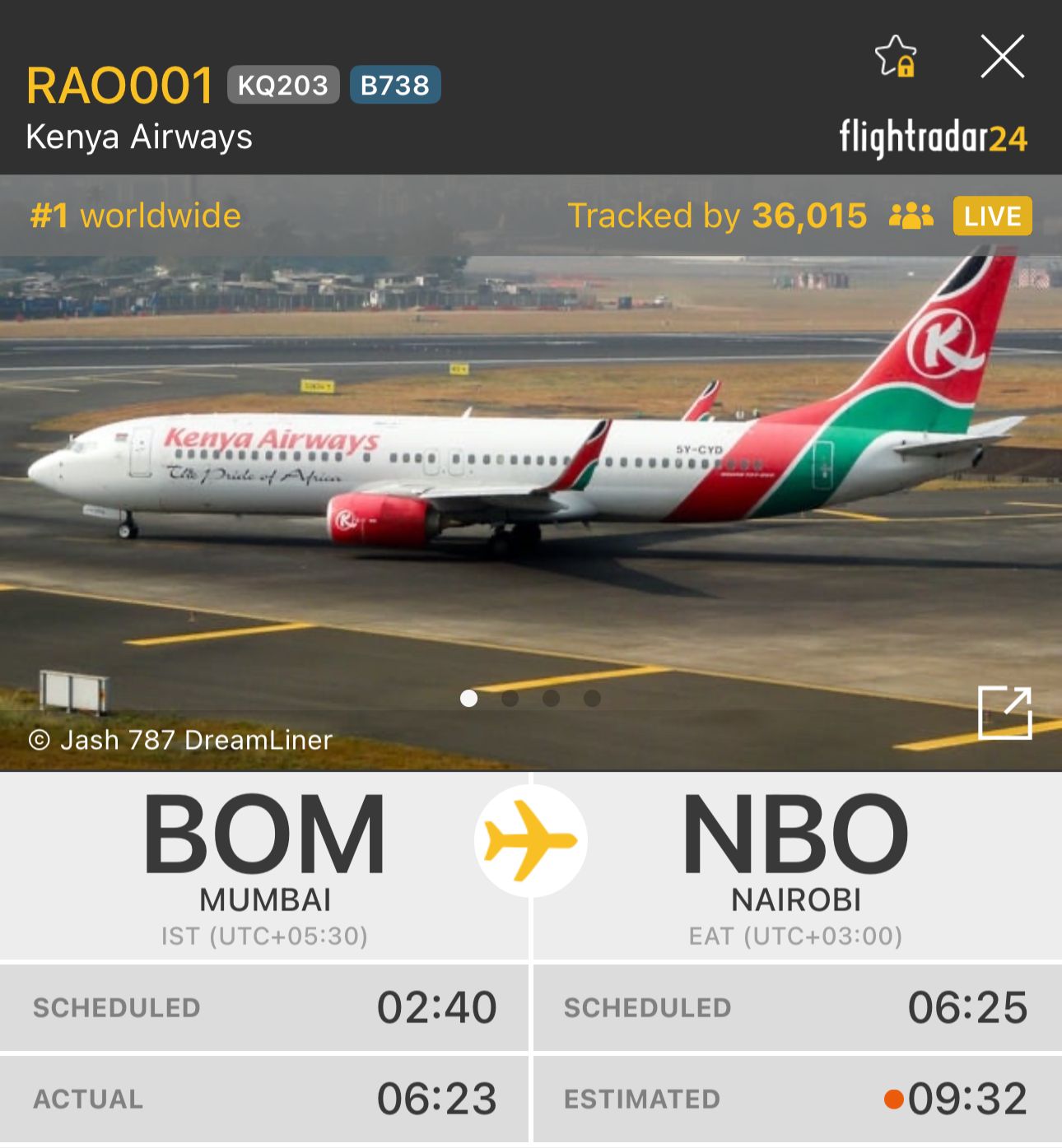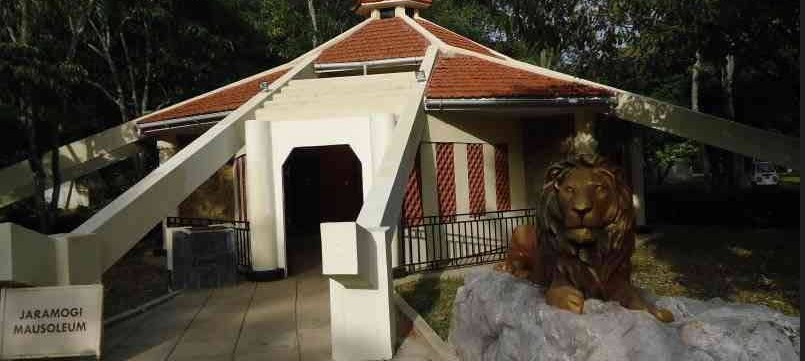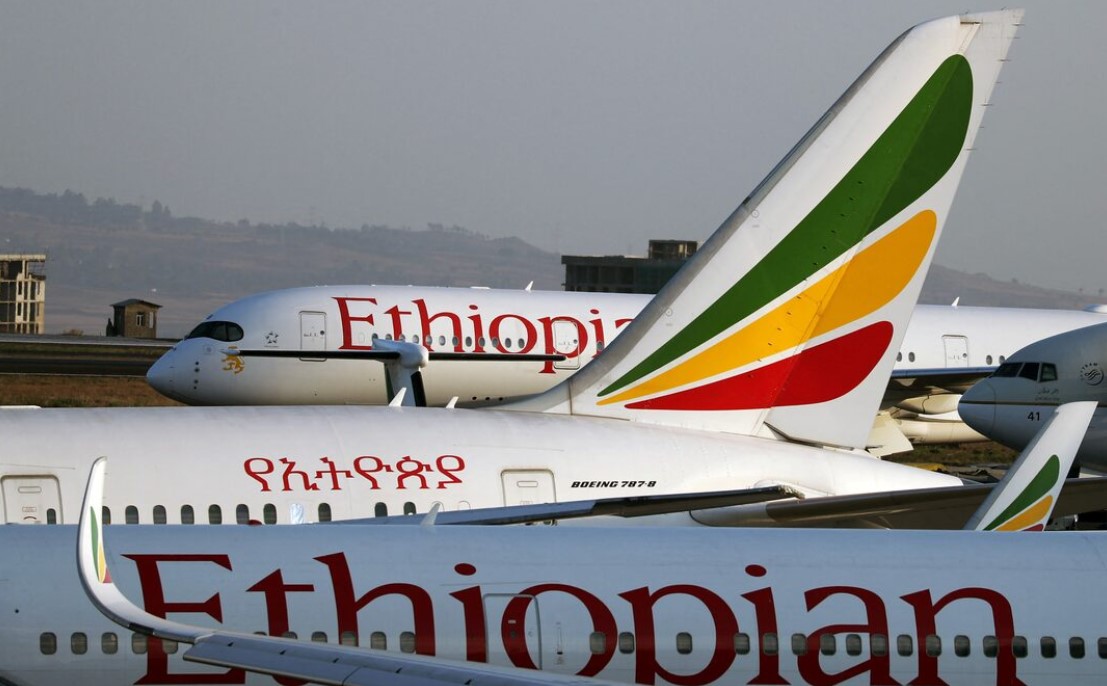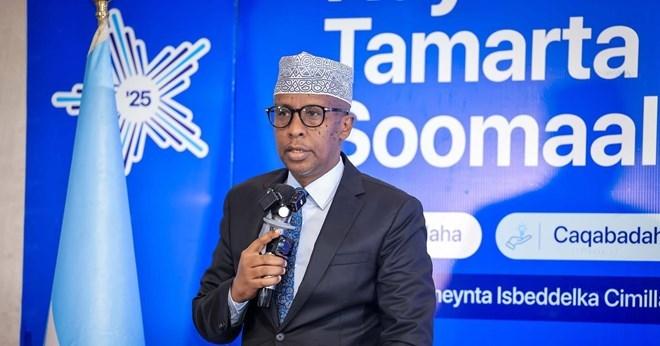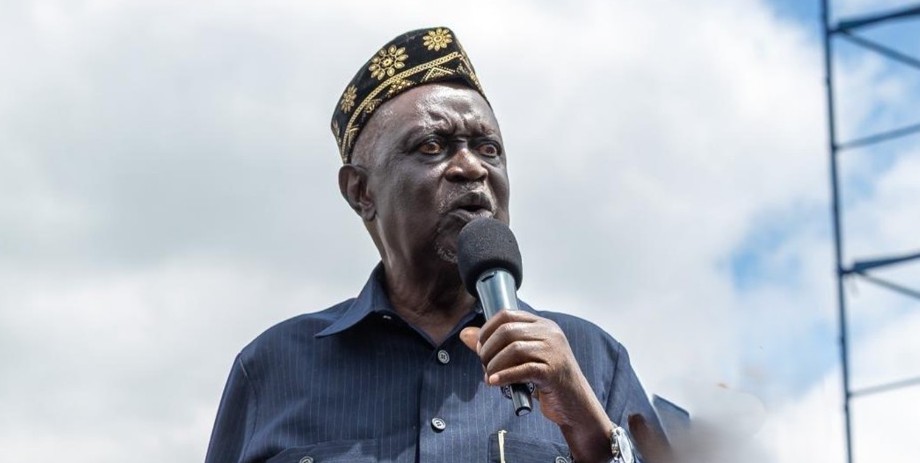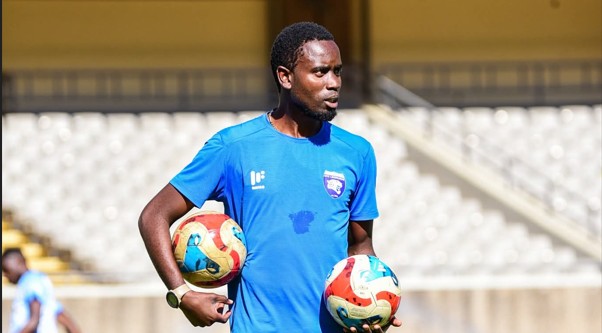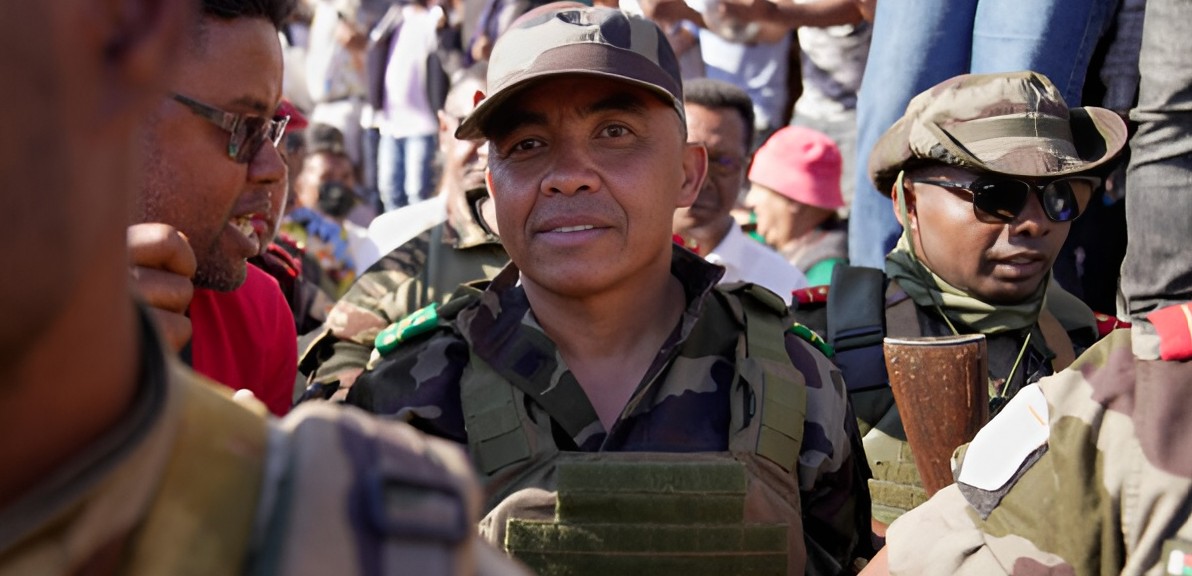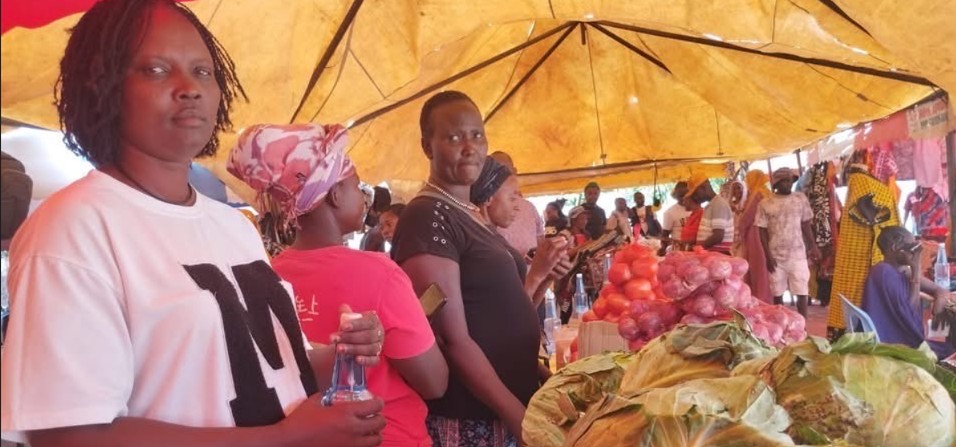Kenya's Haiti intervention needs rapid results, report says
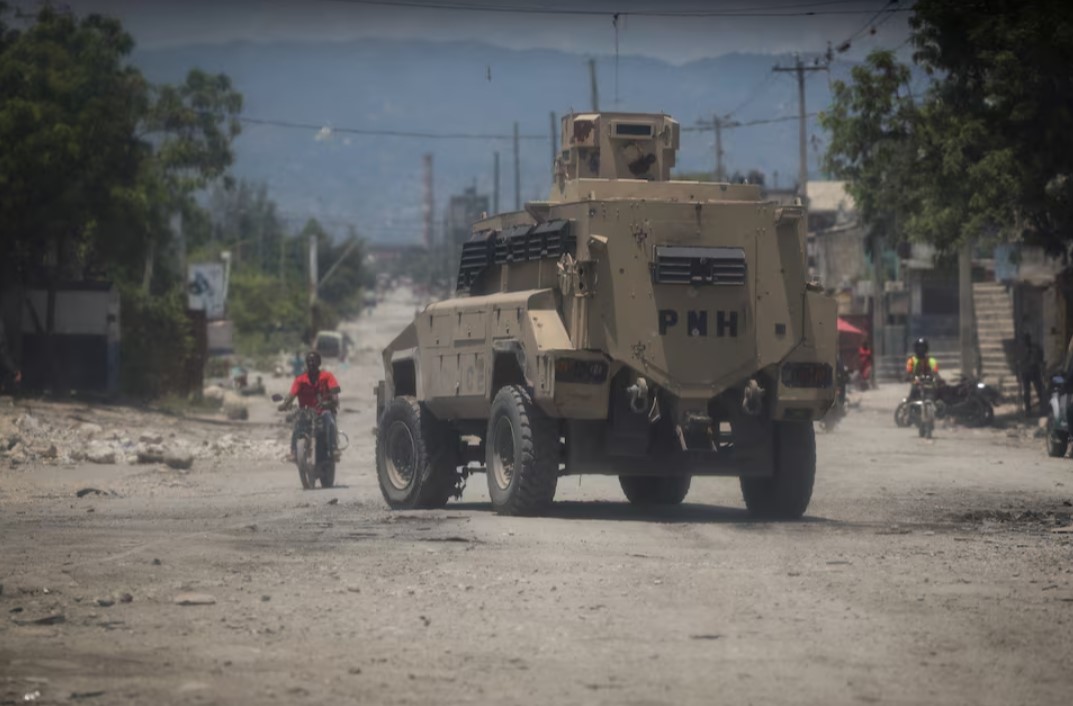
Several hundred Kenyan police officers arrived in the Caribbean nation at the end of June and have been patrolling together with national police.
The Kenyan-led police mission in Haiti will need to rapidly deliver tangible results, according to a security bulletin on Wednesday, warning that people living in gang-controlled areas remain dependent on criminal leaders.
"The MSS (Multinational Security Support) as an external player, will need to rapidly deliver tangible security results to the community, so as not to be seen as part of the problem but part of the solution," said the Global Initiative Against Transnational Organized Crime (GI-TOC) in a bulletin.
More To Read
- 5.7 million people face food insecurity in Haiti
- ‘Unprecedented’ number of children on the run in Haiti
- Russia rebukes Nairobi over 'unanimous' Haiti vote claim
- Organisation of American States urges Washington to revive Haiti aid
- Kenyan cop Kennedy Mutuku Nzuve killed in Haiti laid to rest in emotional ceremony
- Explainer: Details of Haiti’s new UN-backed Gang Suppression Force
Several hundred Kenyan police officers arrived in the Caribbean nation at the end of June and have been patrolling together with national police, as part of a long-delayed U.N.-backed mission intended to fight armed gangs that have cemented control over large parts of capital Port-au-Prince.
Over half a million people have been internally displaced, and close to 5 million people are experiencing severe hunger.
Authorities have regained control of major infrastructure such as the airport and fuel terminal, but GI-TOC warned that in gang-controlled areas, civilians depend "almost exclusively" on regulations imposed by criminal groups.
"By distributing food or petty cash, or providing work and social recognition to children enrolled as foot soldiers, the gangs seek to consolidate their legitimacy," the bulletin said, adding that residents feared gangs could use them as "human shields" against the police and MSS.
While the MSS brings "operational oxygen" to Haiti's under-resourced police, GI-TOC noted there is "still much uncertainty surrounding the mission in terms of its strategy and rules of engagement."
A handful of countries besides Kenya have formally pledged troops to the mission, first requested in 2022, but it remains unclear when they might deploy to Haiti.
Haitian Prime Minister Garry Conille, who took office last month, has vowed to retake the country "house by house."
Other Topics To Read
Top Stories Today
